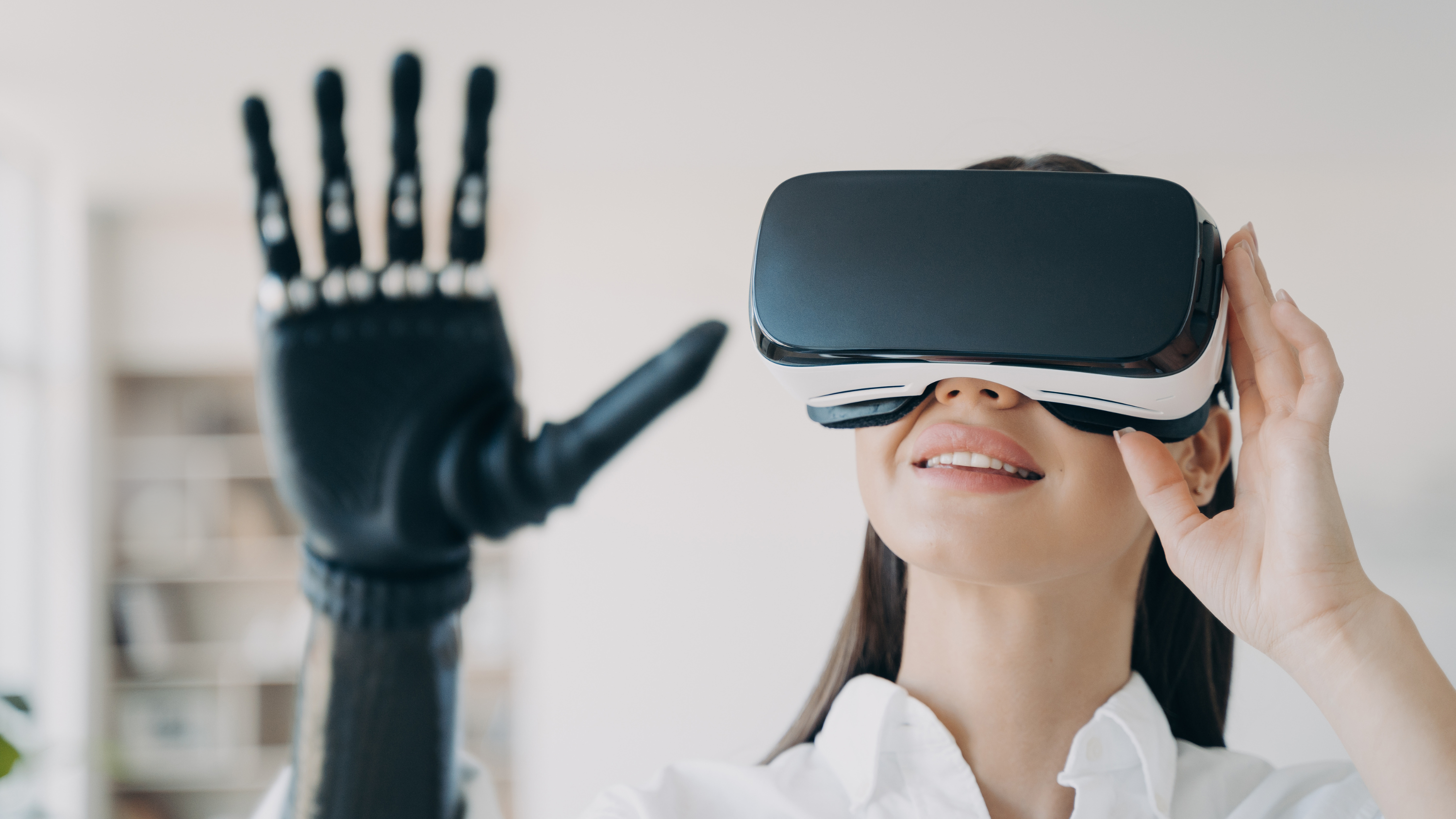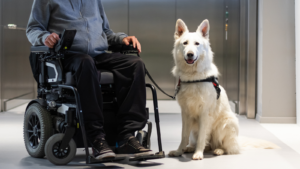Where Algorithms Meet Accessibility: Enhancing AI for Workplace Inclusivity

Where Algorithms Meet Accessibility: Enhancing AI for Workplace Inclusivity
In the ever-evolving landscape of the modern workplace, the intersection of artificial intelligence (AI) and accessibility has become a beacon of hope for creating a more inclusive and diverse environment.
As organizations work towards establishing environments where everyone, regardless of their abilities, can flourish, AI stands out as a powerful ally in breaking barriers and reshaping the future of the workplace.
Understanding Workplace Accessibility Challenges
In many workplaces, old-fashioned barriers have persisted, limiting opportunities for individuals with disabilities. These challenges include communication, job application processes, daily tasks, and the overall work environment. Recognizing the need for change, organizations are turning to AI-driven solutions not only to meet regulatory and cost requirements but also to genuinely improve accessibility and inclusivity.
AI in Communication
Communication lies at the heart of every workplace. AI-powered tools, such as speech-to-text and text-to-speech applications, are revolutionizing how individuals interact. For those with hearing impairments, real-time transcription services enable seamless participation in meetings, fostering an environment where everyone’s voice is heard.
One of the most noticeable transformations in communication is the integration of AI-powered chatbots and virtual assistants across various platforms. These intelligent systems engage in natural language conversations, providing instant responses and assistance. Businesses leverage AI chatbots for customer support, streamlining communication and enhancing user experiences for everyone including those with disabilities. Virtual assistants like Siri, Alexa and Google Home have become integral parts of our daily lives, showcasing the integration of AI into our communication routines
Revolutionizing Recruitment with AI
The hiring process is undergoing a significant transformation. Automated resume screening helps eliminate bias, ensuring that candidates with disabilities are evaluated on their merits. Virtual interviews, facilitated by AI, provide accessible platforms for job seekers, allowing them to showcase their skills without facing unnecessary barriers.
AI-powered tools act as helpful guides in the hiring journey, like a trusty compass pointing toward fairness and diversity. Yet, just as a traveler keeps an eye on the compass, human oversight ensures the path stays true to ethical and inclusive principles.
Smart Office Environments
Imagine a workplace that adapts to individual needs in real-time. AI is making this a reality through the creation of smart office spaces. Automated, adjustable desks, intelligent lighting systems, and temperature controls can all be tailored to accommodate various accessibility requirements, creating a workspace that truly caters to the diverse needs of its occupants.
Addressing Challenges and Ensuring Ethical Practices
While the potential of AI in workplace accessibility is vast, it’s crucial to address challenges such as data privacy, algorithmic bias, and the ethical implications of these technologies. Organizations are navigating these issues with a commitment to transparency, fairness, and ongoing refinement of AI applications. In our upcoming series, we will explore more about the anticipated ethical dilemmas tied to AI Recruitment, along with possible approaches for mitigation.
Looking Ahead
The journey towards a fully accessible workplace is ongoing, and AI is a key player in this transformative process. In making workplaces accessible, AI isn’t just tech progress; it’s a hopeful step toward a future where everyone, no matter their abilities, can thrive and contribute to workplace success. The synergy between AI and workplace accessibility highlights how innovation can make the working world more inclusive and equitable.
At INNoVA, we are working alongside businesses to bring in cutting-edge solutions. Our adVISOR service is designed to support businesses to improve the management and implementation of accommodations and workplace adjustments. For example, consider using Ai-powered tools like bemyeyes, orcam-myeye and many more that are designed for enhancing accessibility and making work more manageable for individuals with visual challenges. Through our guidance, we emphasize how these diverse AI-assisted tools can make a positive difference in shaping a work environment that is truly inclusive and accessible.
Ancy Kuruthukulangara
Research Analyst
Join Our Newsletter
Join the INNoVA family! The best way to keep in touch and be informed on our hiring process.



